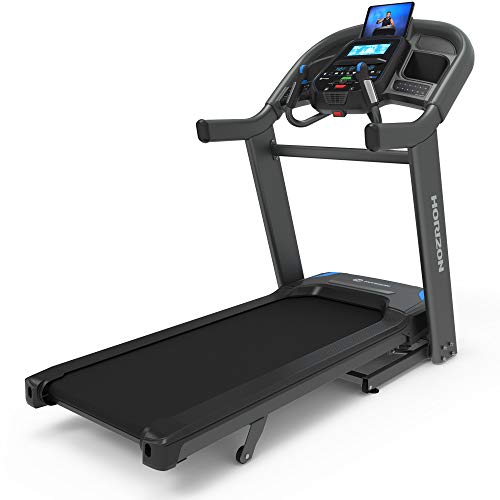
After finishing your run, you might be tempted to collapse on the couch or rush into the next task, but hold on. Your post-run routine is just as important as the miles you clocked. Do you know the one crucial step that many runners often overlook when it comes to recovery? It could make all the difference in how you feel tomorrow and in your future runs.
Hydrate and Replenish Fluids
After running, it’s crucial to promptly hydrate and replenish fluids to aid in your body’s recovery process. Water is your best friend at this moment. Replenishing fluids lost through sweat helps maintain your body’s temperature regulation and ensures your muscles function optimally. Not only does proper hydration aid in recovery, but it also helps prevent muscle cramps and fatigue. Aim to drink water within 30 minutes of finishing your run to kickstart the rehydration process.
Electrolytes are another essential component to replenish post-run. These minerals, such as sodium and potassium, help maintain fluid balance, muscle function, and nerve signaling. You can replenish electrolytes through sports drinks, coconut water, or simply by adding a pinch of salt to your water. However, be mindful of the sugar content in sports drinks if you’re watching your calorie intake.
Stretch and Cool Down
How can you effectively incorporate stretching and cooling down into your post-run routine to enhance your recovery process?
Stretching after a run is crucial for aiding muscle recovery and preventing stiffness. Focus on major muscle groups like hamstrings, quadriceps, calves, and hip flexors. Hold each stretch for about 15-30 seconds without bouncing, allowing your muscles to relax and lengthen. Incorporating dynamic stretches like leg swings or walking lunges can also help improve flexibility and range of motion.
Cooling down with a light jog or brisk walk for 5-10 minutes can gradually lower your heart rate and prevent blood from pooling in your legs. This gentle cardio helps flush out waste products like lactic acid that may have built up during your run. Additionally, consider using foam rollers or massage balls to target specific areas of tightness.
Refuel With Nutritious Food
To optimize your recovery after running, refuel with nutritious food rich in essential nutrients and antioxidants. After a run, your body needs proper nourishment to repair muscles and replenish energy stores. Aim to consume a balanced meal with carbohydrates to restore glycogen levels, proteins to aid in muscle repair, and healthy fats for overall health.
Choose foods like lean proteins such as chicken or tofu, whole grains like quinoa or brown rice, and a variety of fruits and vegetables. These foods provide the necessary vitamins, minerals, and antioxidants to support your body’s recovery process. Additionally, consider incorporating foods high in omega-3 fatty acids, such as salmon or chia seeds, to reduce inflammation and promote joint health.
Hydration is also crucial for recovery, so be sure to drink plenty of water post-run. Consider adding electrolyte-rich beverages or foods like coconut water or bananas to help replenish lost minerals. By fueling your body with nutrient-dense foods, you can enhance your recovery and prepare for your next run.
Prioritize Rest and Recovery
Rest and recovery are crucial aspects of your running routine to help your body recover and perform at its best. After a run, your muscles need time to repair and rebuild. Prioritizing rest allows your body to adapt to the stress of running, reducing the risk of injury and improving overall performance. Aim for 7-9 hours of quality sleep each night to support your body’s recovery process. Additionally, consider incorporating rest days into your training schedule to give your muscles a chance to rest and rejuvenate.
Active recovery techniques such as light stretching, foam rolling, or gentle yoga can also help enhance circulation and reduce muscle soreness. Listen to your body; if you’re feeling fatigued or notice persistent pain, it’s essential to take a break and allow for proper recovery. Remember, rest isn’t a sign of weakness but a vital component of a well-rounded training program. By giving your body the rest it needs, you set yourself up for stronger, more efficient runs in the long term.
Running














